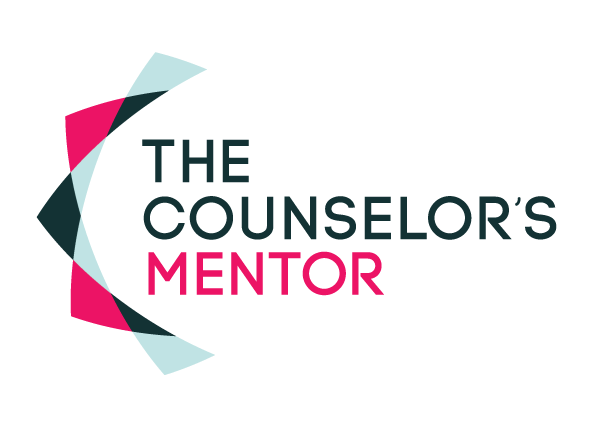Networking? Since when do mental health professionals need to network? I’m not sure the question is so much whether we need to or not, as opposed to if it’s best for us or not.
The article below will talk about the benefits of networking and how mental health professionals can’t get lost on the outskirts.
The world of a mental health professional, especially those in private practice, can be a lonely one. With things like HIPAA and client confidentiality it’s hard, almost impossible, for us to get the kind of support we need in our career. For many who continue their business outside of agency and non-profit work, the mental health professional world often looks like private pactice AKA solo entrepreneurship. Keyword: solo. Alone. Without anyone else.
Why is Networking Beneficial?
For some, being alone may be exciting and wanted, perhaps even welcomed. However, what we know about human behavior is that to be completely alone is not healthy. It’s the case from the business perspective too. It’s imperative for mental health professionals to surround themselves with other supportive and like-minded individuals. This is where networking comes in.
Unlike many other industries we’re not always looking for a potential referral source when we network. While finding a referral source is beneficial in more ways than one, networking goes beyond just that. Networking is about creating intentional, mutually beneficial relationships with other professionals.
I quickly realized that my best networking partners happen to be in the medical and mental health industries themselves. We speak a different language, we understand a different amount of pressure and emotional stress. Anyone in our field knows it can be difficult to explain to someone what we do, if they’ve never had a framework of what counseling and therapy can be. Networking is beneficial becuase you quickly realize you are not alone, there are others out there who completely understand what it’s like to be you.
How do I Network?
It begins by reaching out to professionals within your sphere. Believe it or not, you’ve come across a large amount of professionals over the years. Think about it, from academic professors, site directors and supervisors, to fellow colleagues who have launched out on their own business venture. Reach out, look them up online and send them an email. Remember, you’re not trying to sell them anything with an email you’re just letting them know you want to connect. Let them know it’s been a while and you’d love to see what they’re up to.
Networking is very easy for mental health professionals. It’s about building rapport and learning more about the other individual. What we’re not so great at sometimes is talking back. You have to let other people know what you do too. Give them a look into the passion that drives you. Speak from the heart and the people around you will begin to see who you are and what you do.
Where to Network
Seek out platforms in your community. Look into sites like LinkedIn and eventbrite. Search for different CEU opportunities and look for the ones that have face-to-face and breakout workshop times. Take some business cards (QR codes are very popular these days) to share and get ready to learn what other people do and how you can help one another.
Remember, networking isn’t as bad as it may seem. If you’ve had a bad experience with networking or feel as an introvert you’re “not good at things like that.” Think again! Networking can be a very beneficial and satisfying experience. We do “personal and intimate” all day long with clients, now it’s time to seek out support on your own behalf. Just remember to choose wisely because your time is precious.

